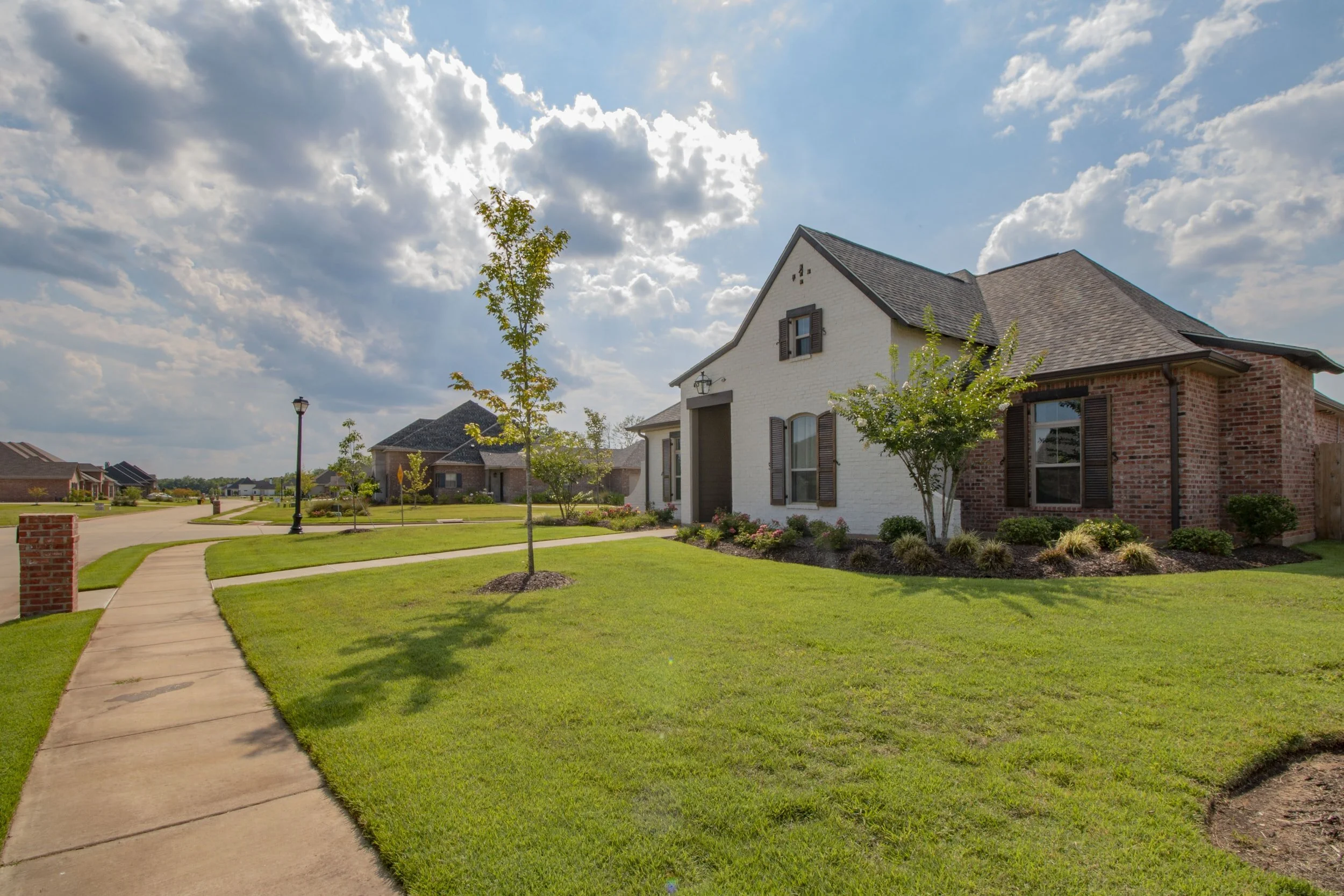
Foreclosure Advice
Learn everything that you need to know about foreclosures.
Foreclosure Basics
A lender can foreclose by taking over the mortgaged property and trying to recover the amount due on a defaulted loans. A default occurs when a borrower misses one or more monthly payments. However, it can also occur when the borrower fails other terms of the mortgage agreement.
Learn About How To Avoid Getting Foreclosed
-

Avoiding Foreclosure Overview
Don't panic if your home is in danger of being foreclosed upon. Anyone with a government-backed loan provider or built-in mortgage insurance such as an FHA loan, should have the ability to avoid foreclosure.
-

Workout Agreement
A workout agreement is a contract between a lender or borrower to renegotiate terms on a loan in default. This is often the case for a mortgage in arrears. The workout generally includes the waiver of any defaults and restructuring all terms and covenants. A workout agreement can only be made if both the lender and the borrower are interested in it.
-

Mortgage Forbearance Agreement
A mortgage forbearance agreement between a mortgage lender, and an insolvent borrower is an agreement. The agreement includes a promise by the lender not to exercise its legal rights to foreclose on a mortgage and a commitment by the borrower to pay a monthly mortgage payment.
-

Short Refinance
A short refinance is a term used to describe the refinance of a mortgage loan by a lender for a borrower who is currently in default on their mortgage payments. To help a borrower avoid foreclosure, lenders short-refinance a mortgage.
Learn About How The Pre-Foreclosure Period
-

Pre-Foreclosure Overview
Pre-foreclosure is the first stage of a legal proceeding that can end in a property being taken from a defaulted borrower. Pre-foreclosure is when the lender files a Notice of default on the property to notify the borrower that the terms for late payments have been exceeded. The notice of default informs the borrower that the lender is taking legal action to foreclose. If a borrower finds themselves in preforeclosure, there are a few options. Sometimes, lenders will even negotiate with borrowers to prevent them from moving into foreclosure.
-

Delinquent Mortgage
A delinquent mortgage refers to a loan that the borrower has not made the required payments. If a scheduled payment is missed or not received by the due date, a mortgage is considered late or delinquent. The lender can begin foreclosure proceedings if the borrower fails to make the mortgage payments within a specified time. If a mortgage becomes insolvent, a lender might offer options to the borrower to prevent foreclosure.
-

Missed Mortgage Payments
Normal circumstances will allow you to miss four payments on your mortgage before foreclosure proceedings begin. However, this depends on many factors including the policies of your lender and the state of the housing market.
Learn About How The Foreclosure Stages
-

Foreclosure Stages Overview
A lender can foreclose by selling the property or taking over the property to recover the amount owed. While the foreclosure process is different for each state, there are multiple central phases to a foreclosure process.
-

Judicial Foreclosure
Judicial foreclosure is foreclosure proceedings against a property whose mortgage does not contain a power to sale clause. The courts will settle the foreclosure proceedings in this instance.
-

Sheriff’s Sale
A sheriff's auction is an open public auction in which property that has been defaulted is repossessed. The proceeds of the sale will be used to pay banks, tax collectors, and mortgage lenders who lost money on the property.
-

Your Legal Rights
If you can't pay your mortgage payments on time, the possibility of foreclosure -- and with it your home being foreclosed upon--can seem daunting. The process of foreclosure is complex and legal. However, you are protected by the law in your state as well as the mortgage documents that you signed.
-

Obtaining A Mortgage Following Foreclosure
Many people find themselves in financial trouble at some point in life and end up having to file for bankruptcy or foreclosure. You don't have to abandon your dream of owning a home. The dream may need to be put on hold for a while. You can also use this time to improve your credit score and save for a downpayment.
Learn About Investing In Foreclosures
-

Investing In Foreclosures Overview
Foreclosure investing should always be considered a significant investment. This means that you need to focus on the right things and do thorough research about local economic and demographic trends. It is also necessary to create a strategy that will allow you to purchase and sell properties.
-

Purchasing A Foreclosure
Foreclosed houses can appear very appealing from the outside. However, property values can fluctuate and the underlying damage may make them unsuitable. Sluggish buying can lead to second thoughts for some. Meanwhile, other potential buyers may be discouraged by the prospect of purchasing foreclosed properties.
-

Investing in REO Properties
REO property refers to property whose mortgage lender or bank has taken ownership. Lenders can file a foreclosure action if a borrower with residential or commercial properties defaults on their mortgage.
-

Purchasing At An Auction
Auctions are one method that foreclosed property is sold. These homes are being seized by tax authorities and lenders because they belong to mortgage borrowers who are in default on their mortgage payments.
-

Purchasing HUD Homes
A HUD home comes from a program managed by the U.S. Department of Housing and Urban Development. HUD homes were acquired by the government because of foreclosure on a FHA insured mortgage. HUD attempts to sell the homes to recoup the financial loss from the foreclosure.
